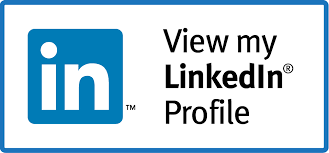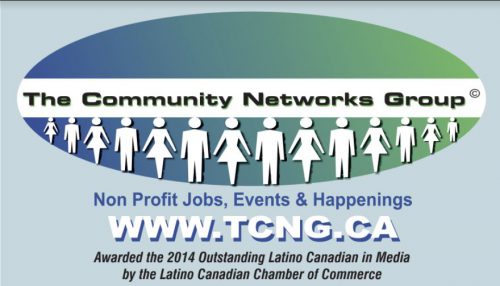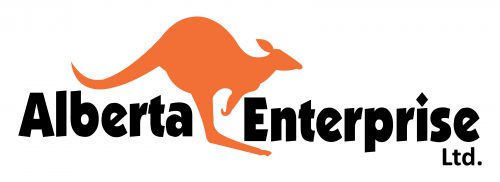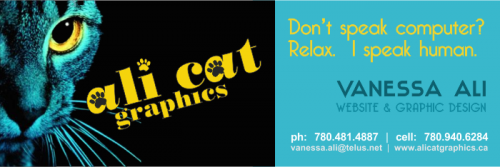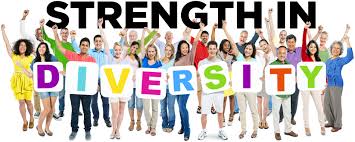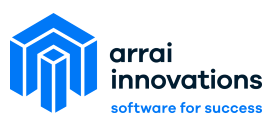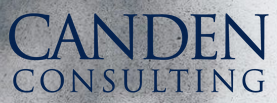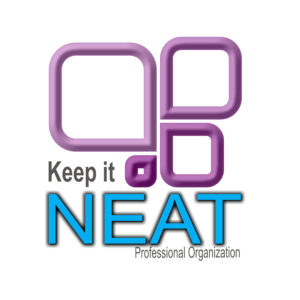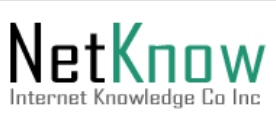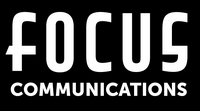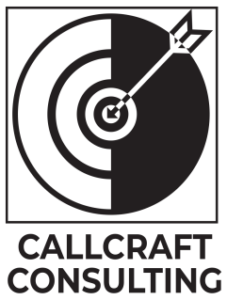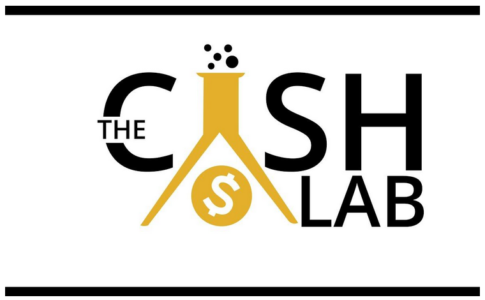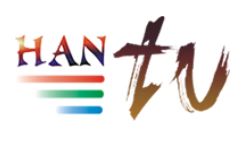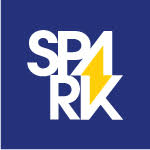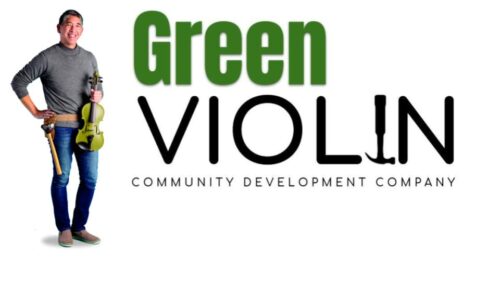You are receiving this as you indicated interest in being included in discussions regarding a think tank[1] on AI and other complex civil issues. Over the past few weeks I have given considerable thought to this. I want to refer to this as an Open R&D Institute committed to mastering models and methods for managing complex civil issues.
A few sample key principles for learning to manage complexity:
1) The learning loop. This initiative cannot be just about thinking. The real world needs real solutions that work. Ideas need to be tested. Models and methods are not just about public policy. At the same time, every business needs policies based on good models and methods. Therefore, in order to complete a learning cycle, we need to be able to test models and methods with businesses and other organizations.
2) Lean and agile experiments. Another popular and related approach is taken from the worlds of computing and manufacturing. From agile programming we get minimal viable products, and from lean management, the lean startup. These involve turning innovative ideas into manageable prototypes, and quickly testing, evaluating, improving and then scaling up when ready.
3) Reality is non-disciplinary and meanings are all about context. Issues such as AI must be seen in relation to the other complex civil issues of our time, including automation in general, climate change, population growth, globalization, polarization of segments by race, religion and politics, and the concentration of wealth and power. In reality, these are all interdependent.
4) Collaboration. No one does this alone. We need to get good at methodically working together. This takes time and practise, dedication and the use of good management tools. Fortunately we have untapped social capital to draw on. We can build an inclusive community of diverse skills and trust.
5) Models and methods typology. We need to come to some agreement on a typology of models and methods and get good at matching the models and methods to identified civil issues. This includes systems and design thinking, strategic foresight, behavioural insights as well as metaphorical, conceptual, mathematical and computational modeling.
In other words, getting it right in one or two workshops is a non-starter. But that is where we must start. Let’s meet and do some organized brainstorming.
Randal Adcock
[1] The term ‘think tank’ carries a lot of baggage. Some people think of political think tanks, others think of think and not ‘do’, i.e. talking and lobbying without action.


